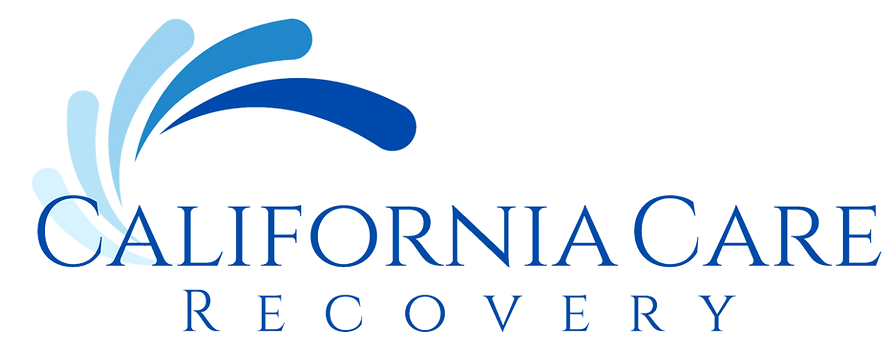Stress happens. We all experience it at some point in our lives. Not everyone dealing with stress or a stressful situation turns to drugs or alcohol. But, for many, overwhelming distress without healthy coping skills can result in poor physical and mental health. From there, some people self-medicate to deal with such struggles, which can lead to addiction.
There is no hiding the fact that stress is an aspect of forming an addiction. Stress from childhood, work, relationships, and especially chronic stress often leads to substance abuse. Further stress amid an addiction can also prevent recovery. Based on experience, many professionals claim that stress is the number one cause of relapse for everything from drug abuse to smoking.
Chronic Stress & Addiction
Stress makes people vulnerable to addiction. Of course, that isn’t the case for everyone, but stress increases those odds for those already at risk for developing an addiction. This is especially true for those who have a history of drug or alcohol use. Once someone uses drugs or alcohol to cope with stress, their ability to adapt to changes and even minor stressful situations waivers. Substance abuse leads to poor decision-making and compulsive behavior, increasing stress levels, leading to more substance abuse. This makes stress and addiction a dangerous cycle.
Stress also refers to more than the present. Those who experience trauma early in life or have post-traumatic stress disorder (PTSD) struggle to regulate their stress response even once the trauma has ended. This ongoing level of internal stress also leads to substance abuse for many. Furthermore, stress is a heavy yet general term with a lot of meaning. It can be having too much on your plate, worries, and anxiety. Maybe you feel threatened or at risk. Perhaps you have financial hardships. A loss of a loved one, getting a new job, and even lack of sleep are factors that can add to the risk of addiction. Coping with such stress without the proper guidance or experience causes people to react the only way they know–how. For many people, that means reaching for drugs or alcohol to manage the symptoms of too much stress.
With this, stress can also be positive to an extent. Managing certain levels of stress helps to keep you motivated. You feel a sense of accomplishment when you handle stress. But this is only true for more minor stressors like tackling a big project or acing an exam. When stress is prolonged, and you feel out of control, it lowers your ability to cope healthily. Most young people at risk for substance abuse already have a lot working against them. They may have a family history of addiction, which means they struggle with controlling their emotions and may be more likely to lash out or show signs of poor decision-making.
It seems that the most impactful stressors on the chances of addiction are intense such as violence, loss, or conflicts. Work or school stress may not be a leading or direct factor for substance abuse but can undoubtedly heighten the risks when in conjunction with other forms of stress. Smaller forms of stress can certainly lead to relapse. Stress can lead to addiction and vice versa. When both occur for someone, it causes physical and emotional problems related to mental health, addiction, and even issues with finances or the law.
How to Reduce Stress
Managing stress through certain methods is crucial for avoiding addiction or treating one. Rather than using substances as an answer to stress, finding techniques to promote healthy alternatives is key. For those in active addiction, rehab and treatment centers provide such tools so you can manage stress and remain sober to live a healthier lifestyle. Treatment offers stress management directly related to substance abuse and other external factors. Rehab offers solutions and therapies that allow you to work through your emotional triggers and address the cause of your addiction. Facing that and managing your stress without drugs or alcohol is a significant focus of rehab.
Some stress-reducing methods you learn in rehab may include:
- Proper nutrition. Eating well-balanced meals, drinking plenty of water, and ensuring you are absorbing the proper nutrients your body needs to thrive improve your wellbeing and physical ability to handle difficult situations.
- Healthy sleep patterns. Getting a solid night’s sleep refreshes you for the day ahead. Proper sleep increases your energy, focus, and ability to make decisions.
- Exercise. Moving your body increases your physical and mental health, leading to a more balanced lifestyle.
- Mindfulness and meditation. These are all holistic methods of dealing with stress, relieving stress, and relaxing.
Stress may be common, and we may all experience it, but that doesn’t make it harmless. Stress impacts everyone differently, and for some, that means it can lead to substance abuse and addiction. When someone experiences trauma or struggles to maintain a balanced lifestyle without professional help, they may find themselves self-medicating. They may use drugs or alcohol to relieve the unpleasantness of chronic stress. Upon this behavior, the temporary relief can lead to addiction. Then, the addiction and substance abuse make decisions and everyday stress even more difficult to maneuver, only adding to the stress. Seeking help for recovery and stress management is key to developing the proper life skills for working through stress with the right tools. Here, at California Care Detox & Treatment, we offer therapy, mindfulness, meditation, and exercise to help you live a more balanced and healthy lifestyle. Contact us today or call us at (949) 281-0632 to get started today.
